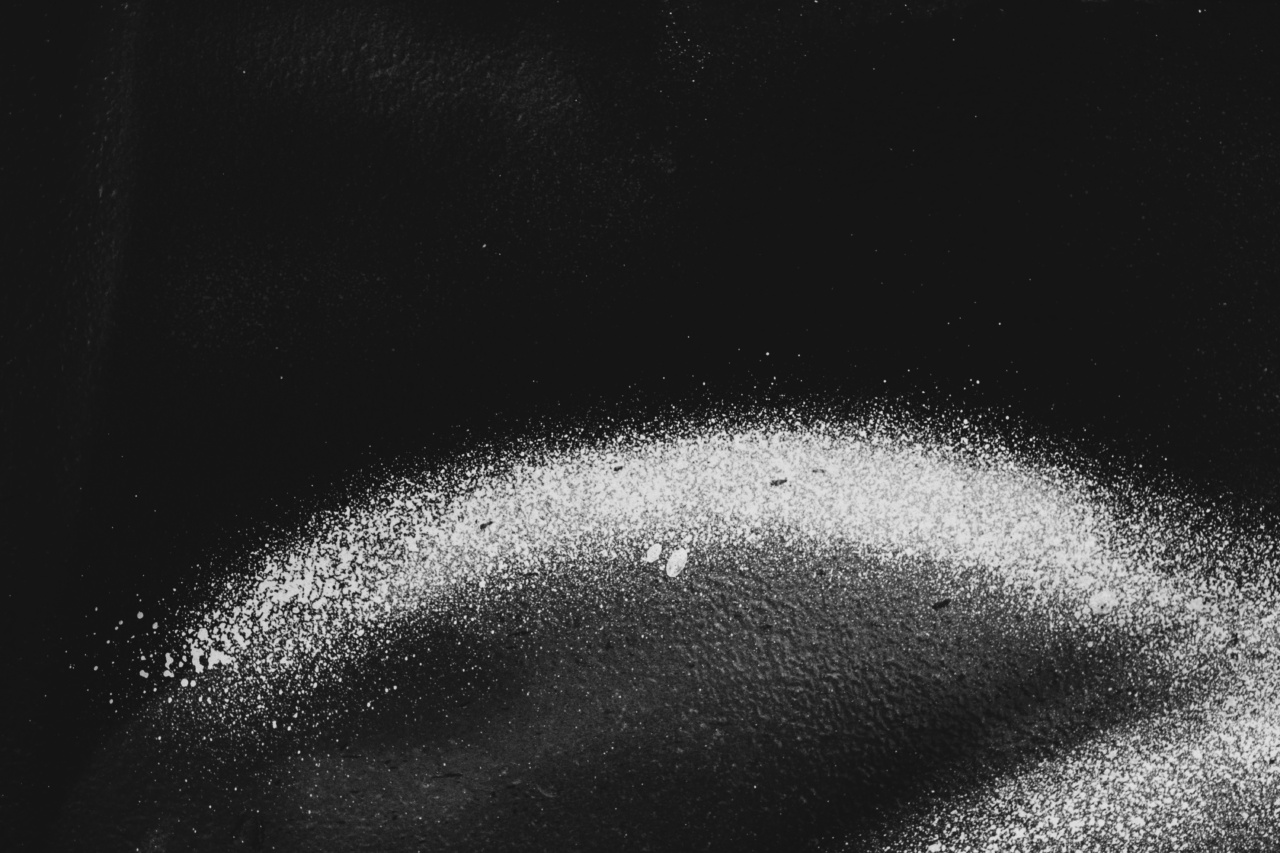In a world where energy drinks and coffee have become the norm, it’s easy to forget about the importance of hydration.
Both H2O (water) and caffeine are widely consumed beverages, but when it comes to staying properly hydrated, not all fluids are created equal. In this article, we will explore the science behind hydration and the effects of H2O and caffeine on the body.
The Basics of Hydration
Before diving into the specifics of H2O and caffeine, let’s start with the basics of hydration.
Water makes up about 60% of our body weight and plays a crucial role in maintaining body temperature, lubricating joints, transporting nutrients, and removing waste. Dehydration occurs when more fluids are lost than are consumed, leading to a variety of negative effects on our health and performance.
The Role of H2O in Hydration
H2O, or water, is the primary fluid recommended for optimal hydration. It is the ultimate thirst quencher and has no negative side effects when consumed in proper amounts.
Water is easily absorbed by the body and helps maintain the balance of bodily fluids.
When we sweat or urinate, our bodies lose water, and it is essential to replenish these lost fluids to avoid dehydration. Drinking water also aids in digestion and can help control calorie intake, as people sometimes mistake thirst for hunger.
The amount of water needed varies depending on factors such as age, sex, activity level, and overall health, but the general recommendation is about 8 glasses (64 ounces) per day.
The Downside of Caffeine
Caffeine, on the other hand, is a natural stimulant found in coffee, tea, energy drinks, and some medications.
While it can provide a temporary boost of energy and improve focus, excessive caffeine consumption can have several negative effects on hydration.
Caffeine acts as a diuretic, which means it increases urine production and can lead to greater fluid loss. This effect can potentially contribute to dehydration, especially when consumed in large quantities.
Furthermore, caffeine interferes with the body’s ability to absorb water, which further hampers hydration efforts.
The Science Behind Caffeine’s Diuretic Effect
To understand why caffeine acts as a diuretic, we need to look at its impact on a hormone called vasopressin. Vasopressin, also known as anti-diuretic hormone (ADH), signals the kidneys to retain water and reduce urine production.
When caffeine is consumed, it suppresses the release of vasopressin, leading to increased urine output. This process can cause mild dehydration and may require additional water intake to compensate for the fluid loss.
It’s important to note that the diuretic effect of caffeine varies depending on individual sensitivity and regular caffeine consumption habits.
The Right Balance: Combining H2O and Caffeine
While excessive caffeine consumption can have negative effects on hydration, moderate consumption combined with proper water intake doesn’t necessarily lead to dehydration.
In fact, some studies suggest that beverages containing caffeine, like coffee or tea, can contribute to overall fluid balance when consumed in reasonable amounts.
The key is finding the right balance between caffeinated beverages and water consumption. If you enjoy a cup of coffee or a caffeinated soda, it’s essential to offset the diuretic effects by drinking additional water throughout the day.
Hydrating Alternatives
Not everyone enjoys the taste of water or wants to rely solely on H2O for hydration. Fortunately, several alternative beverages can help maintain fluid balance while offering different flavors and additional benefits.
1. Herbal teas: Herbal teas, such as chamomile or peppermint, are naturally caffeine-free and can contribute to hydration efforts without interfering with fluid balance.
2. Infused water: Infusing water with fresh fruits, herbs, or vegetables adds a burst of flavor and encourages consumption for those who find plain water unappealing.
3. Coconut water: Coconut water is a natural source of electrolytes, providing hydration with added nutrients.
4. Fruit juices: While fruit juices contain natural sugars and should be consumed in moderation, they can contribute to overall fluid intake.
Conclusion: Prioritizing H2O for Optimal Hydration
When it comes to hydrating the body, there is no better choice than H2O. Water is vital for maintaining bodily functions, and its consumption should be prioritized.
While caffeine-containing beverages can still be enjoyed in moderation, it’s crucial to be aware of their potential diuretic effects and balance them with additional water intake.
Remember, staying properly hydrated is essential for our overall health and well-being.
By understanding the science behind hydration and making conscious choices about the fluids we consume, we can ensure optimal performance and maintain our body’s natural balance.






























